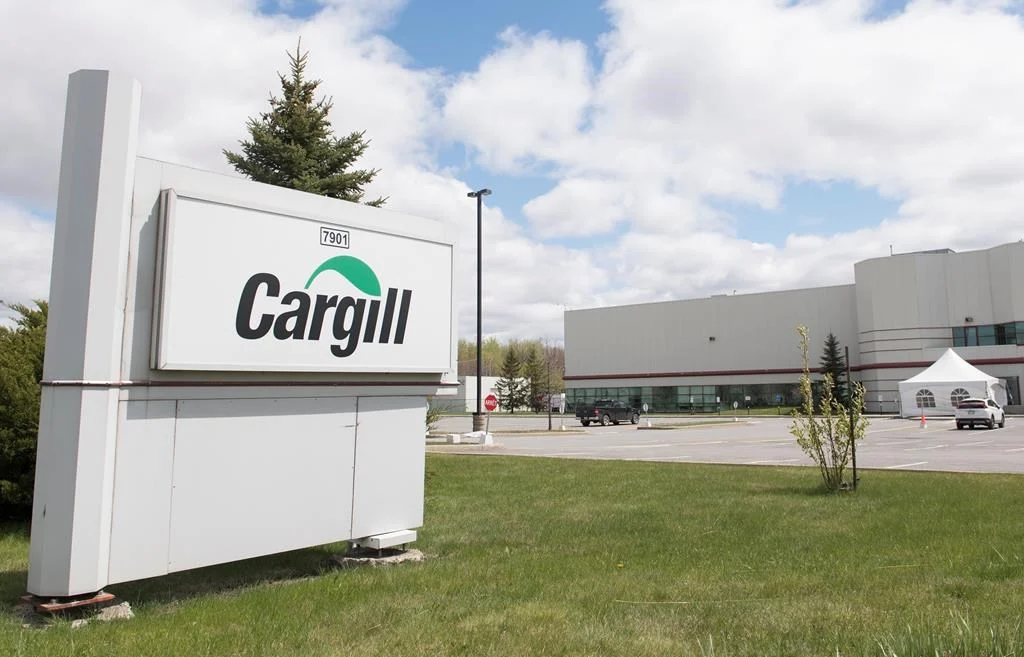Fork & Good, the brainchild of a farmer and a scientist, launched a pilot facility for producing cultivated pork, promising high yields at an affordable price. The start-up is backed by $22 million from investors such as True Ventures, Leaps by Bayer, Collaborative Fund, Firstminute, Green Monday, and Starlight.
If the company can prove their cultivated meat can compete on cost with traditional meat, the environmental benefits are exceptional. In a study from the Good Food Institute, cultivated meat produces less pollution and prevents disease risk in animals. Animal agriculture is responsible for 15% of all greenhouse gas (GHG) emissions, as well as the use of 70% of agricultural land. This land often experiences significant deforestation, biodiversity loss, and water pollution.

On the other hand, cultivated meat is grown in a lab by taking a sample of animal cells and then growing them in a controlled environment. Fork & Good claims a novel approach to this technique. Armed with a patent for a large-scale cell culture system, their method grows muscle cells – instead of stem cells – directly in proprietary bioreactors for increased flavor and nutritional value.
“Making cultivated meat does not require fundamentally new science. Increasing yield at scale requires true innovation,” said Gabor Forgacs, co-founder and chief scientific officer of Fork & Good. “That’s why we’ve focused so much on the process, patenting an approach that is both innovative and economically sound.”
Fork & Good will initially focus on ground pork, with the aim to later expand to a wider range of meats. The company must first prove it can solve their density problem – more meat, made from less feedstock, in as small an area as possible. This is where co-founder Niya Gupta’s expertise in hydroponics is their secret weapon. She previously ran an urban farming startup, ComCrop in Singapore, that mastered growing large volumes of produce in a small space through hydroponics.

** Click here to read the full-text **








